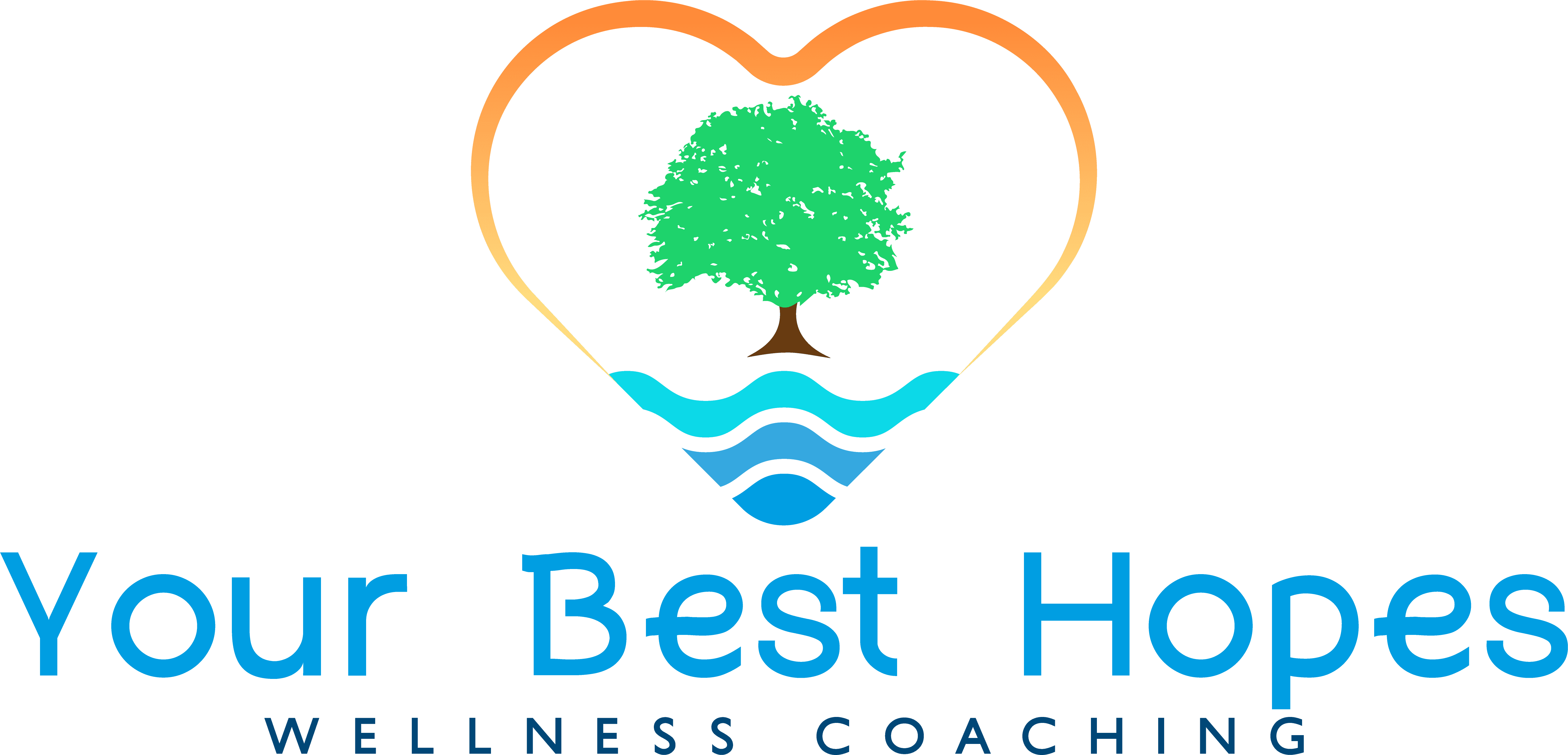Summary
Reflections and options when someone you love has lost hope.
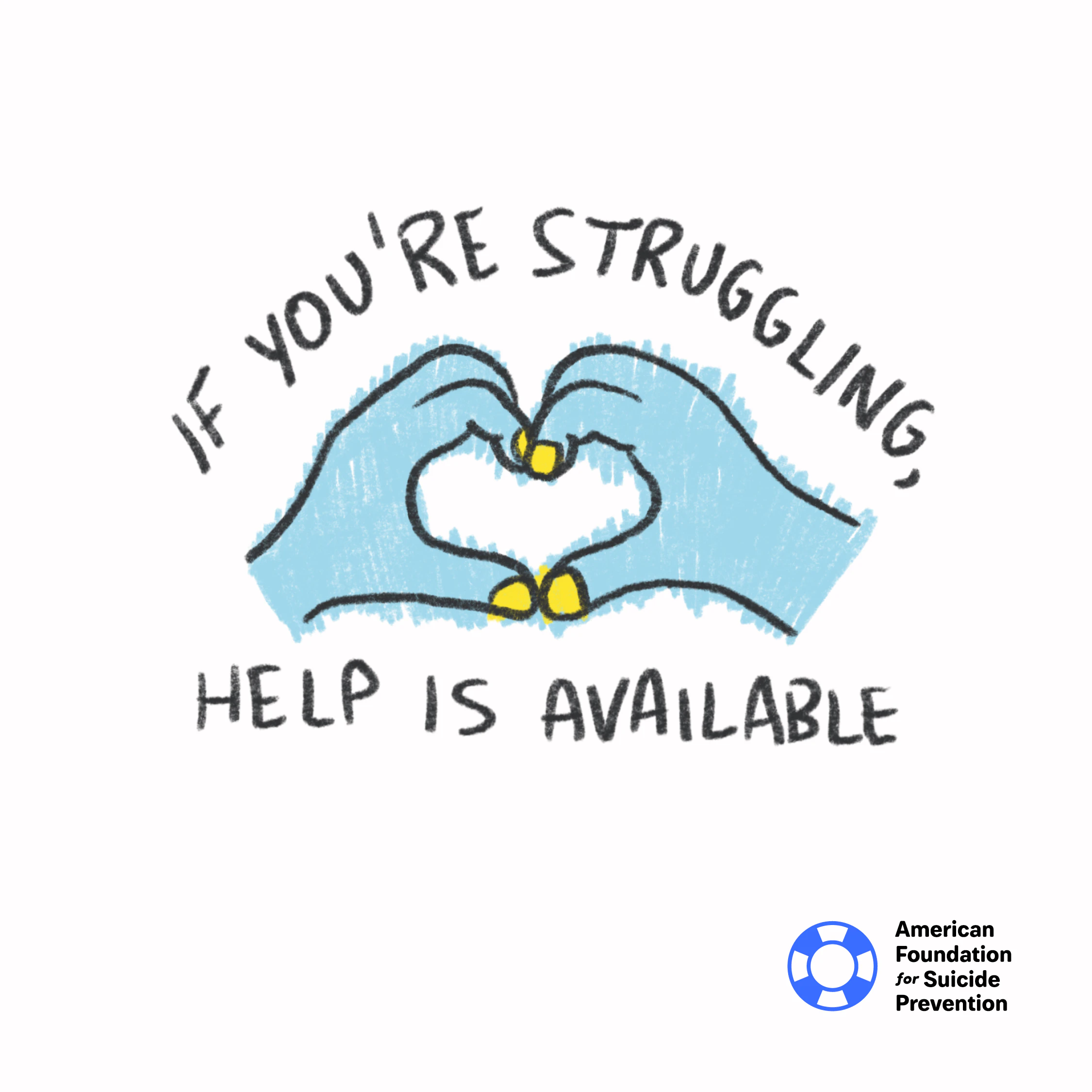
About three years ago, I wrote a blog about hope. What it is, how it works as motivation for change, and why conflict and tension are necessary for hope to be present. (https://www.yourbesthopeswc.com/post/a-discussion-of-hope)
As a result of my having experienced overwhelming and unexpected loss almost two years ago, I recently revisited these words to consider how I now view hope, pondering the idea that hope alone may not be enough for someone to believe that self-transformation is possible.
I truly have faith that people really want to do their very best in every given moment no matter their circumstances. So, it is profoundly difficult to watch what happens to someone who is in the pit of despair and thinks that this is their best. Someone with no perception that there is a way out of the deepest, darkest place one can exist when the challenges of life become perceivably insurmountable. But sometimes, no matter how many hands reach out to pull the tormented soul from that hole, the loss of hope is so far gone that those hands can’t be seen much less even be felt.
As souls gone adrift, they take in every moment and instance of defeat through the lens of their constant self-deprecating mind chatter. It rings as an incessant mantra in their heads. “You’re not good enough. You’re not trying hard enough. What will people think? What makes you believe that you can actually get past this?” And so on. Then, that flicker of hope becomes so dim, so infrequent that it can no longer catch spark when a fleeting moment of accomplishment or joy shows itself. And when that hope is no longer present at any level, they become helpless, withdrawn, and perhaps even angry with those who try to connect and show them a way out.
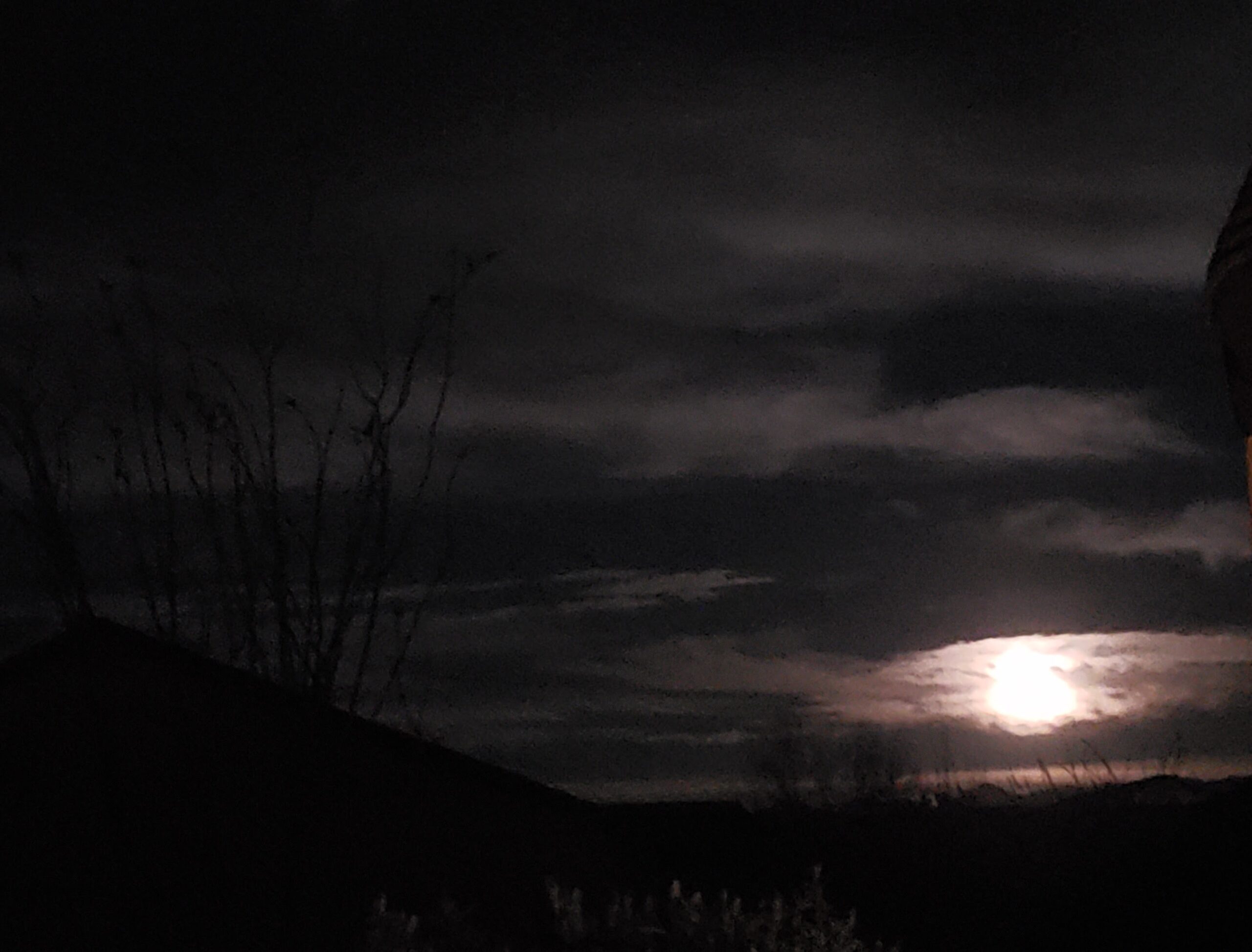
The difficulty in all of this is that I watched someone very close to me slip further and further down the slope of darkness. And as much as I tried to subtly use my solution-focused language skills in our conversations, and even saw moments of tiny baby steps toward the desired change, the grip of the murky shadows that constantly threatened to close in became so strong that nothing I said could keep that hope alive. And I wasn’t alone in this army of support reaching out.
Many of us close to this person saw the tentacles of blackness becoming stronger, but because we each held our own hope, we truly believed that this person would see through the pain and begin the journey toward healing and the life that was desired. However, our collective belief in the ability and strength of our loved one wasn’t sufficient to see this happen, and despondency became the ultimate victor when this person left us.

The natural tendency for us close to those we watch struggling with this pain is to question ourselves.
“If only I had listened for the clues.”
“I should have called when…”
“I had a feeling that things were bad, but I had no idea how bad.”
“I’m a skilled wellness practitioner, so why didn’t I see this?”
And so on. But, while we can tend toward this internal dialogue after the fact, I’ve learned that it serves nothing except to understand that while we may reach out to those we wish to help, it is their choice to take the steps forward. In retrospect, we have to honor that in the end, if we have done our very best to have hope-filled conversations that intend to instill confidence and desire, then we’ve done all that we can.
Hard as it may be, self-reflection in response to the loss of someone close, can in and of itself be filled with its own hope. We can ask ourselves what we hope to have discovered as part of this experience. What do we wish for ourselves as a result of these lessons learned after the fact? How can we honor who we lost and at the same time honor ourselves?
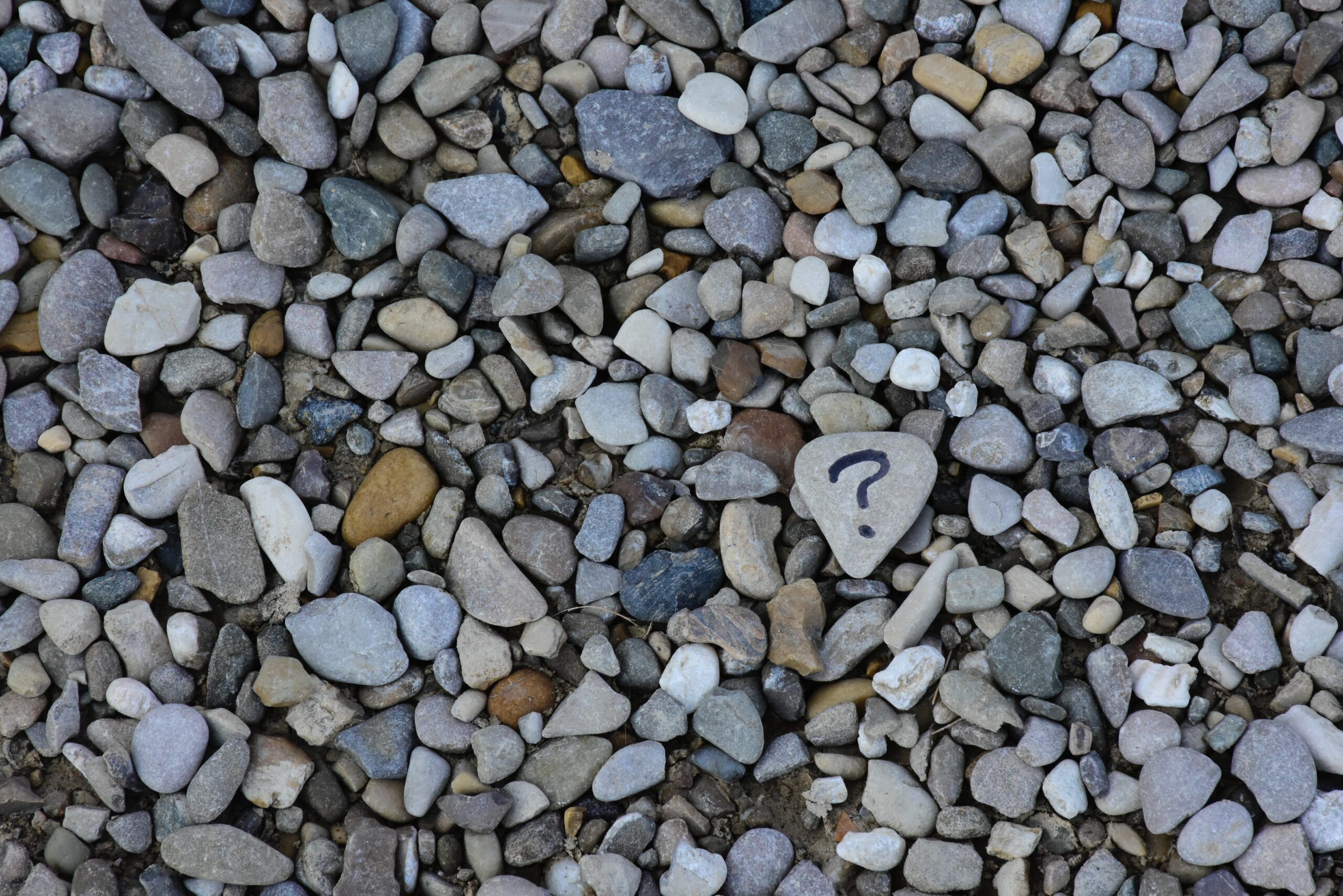
For me, the answer is two-fold. The first part of the answer is that I have to accept that for some, hope truly isn’t enough and that they are ready to give up the fight, per se, and be at peace. They no longer wish to do the work it takes to make life changes. They have nothing left to face the fears and come to the other side. And in a way, their desire to let go is their best hope.
And the second part of the answer is I can honor the loss of this person by vowing to continue to be the voice of hope for those who wish to be on the journey of transformation. Be the guide that shows them through skillful questioning and artful listening that they have the power to switch on that light of hope. Remind them that they possess a deep reservoir of strength and tenacity that can be tapped as they grab that hand that reaches out to pull them up, one inch at a time. They have just forgotten this as they’ve become consumed by all that overwhelms and devours them. They stay rooted in the problem because they’ve lost the map for the way out.
So, my best hopes are to be committed to this work I call solution-focused wellness coaching. To hold regard for the gift I have been given in this experience and extend my hand, one person at a time, and help them find that switch again.
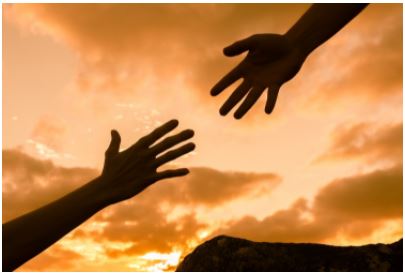
I have two of my favorite quotes that I use in my email signature that captures this sentiment and commitment beautifully:
“Don’t ask what the world needs. Ask what makes you come alive, and go do it. Because what the world needs is people who have come alive.” ~ Howard Thurman
“Dare to reach out your hand into the darkness, to pull another into the light.” ~ Norman B Rice
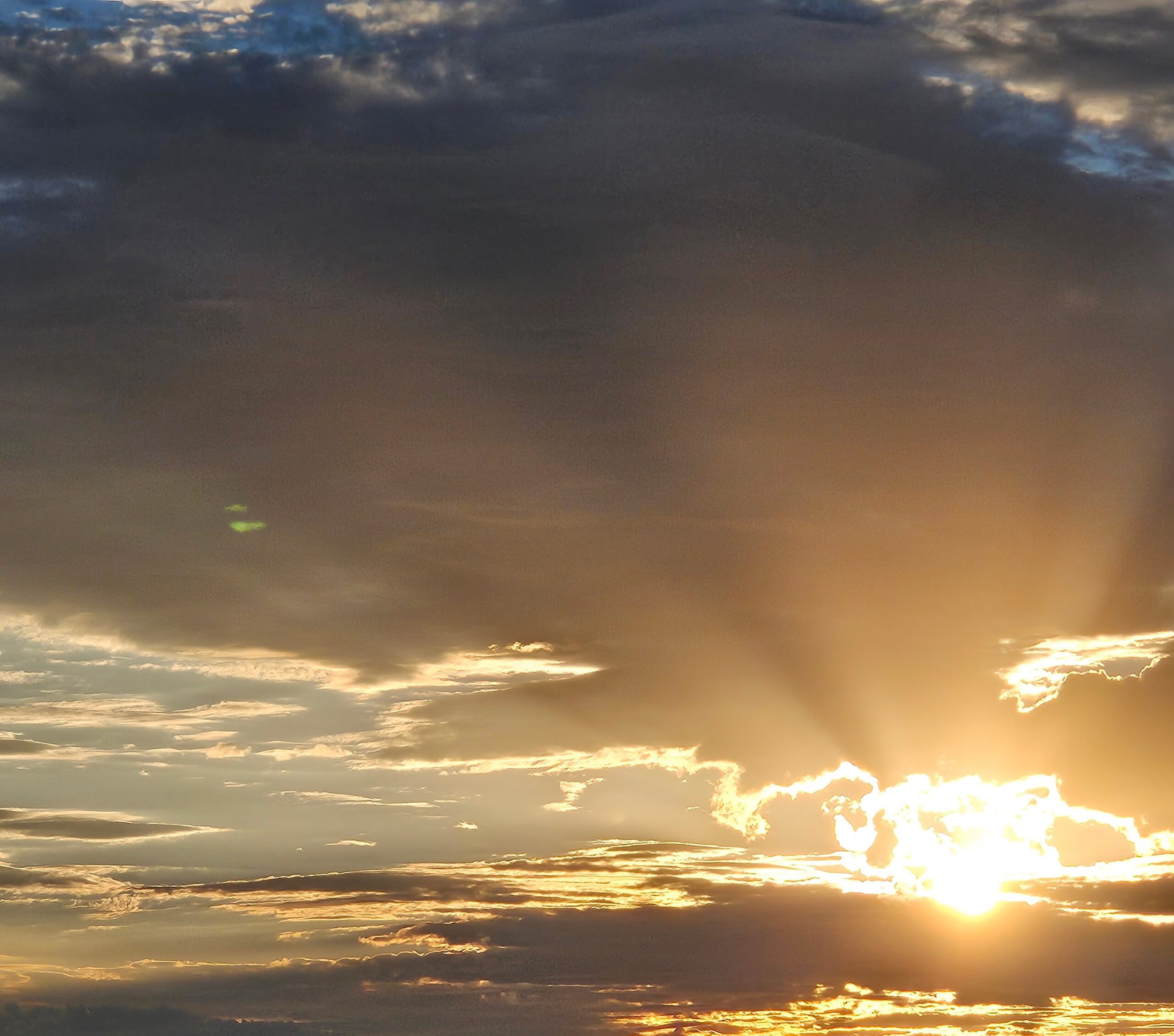
I publish this blog today in recognition of September as being National Suicide Prevention Month. Sadly, the rate of suicide among all populations in the United States is at an all-time high. The American Foundation of Suicide Prevention (afsp.org) is an amazing organization providing invaluable resources for those who struggle with mental health issues and for those left behind when a loved one chooses to give up their struggle.
In addition to what I have stated in the blog as my commitment to help those in need, I am also dedicated to backing and endorsing organizations such as the AFSP who give much needed hope and outreach to our communities. To help raise awareness and show dedication to suicide prevention, I am doing my fourth Out of Darkness Walk with the AFSP on October 14 in Tucson, AZ. I ask for your collaboration in this endeavor to bring encouragement to those in darkness through a monetary donation for the AFSP, joining me on my walk (or finding one in your own community via the AFSP site), or by simply spreading the word to your friends, families, colleagues through social media, email, or conversation.
Suicide and mental health struggles know no demographic boundaries. It touches everyone in some way or another. Let’s work together to bring that light to those in pain and despair by showing our support to the AFSP.
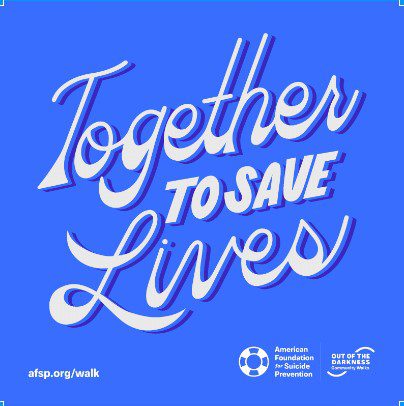
For further information and to access my Out of Darkness Walk page: https://supporting.afsp.org/index.cfm?fuseaction=donorDrive.participant&participantID=2846161
If I can help you in your struggle to have hope, I’d be honored to have a conversation with you. Contact me at Your Best Hopes Wellness Coaching where we can look at solutions, your personal star map, or how to move stuck energy through Reiki. All of my services and contact information can be found at www.yourbesthopeswc.com.
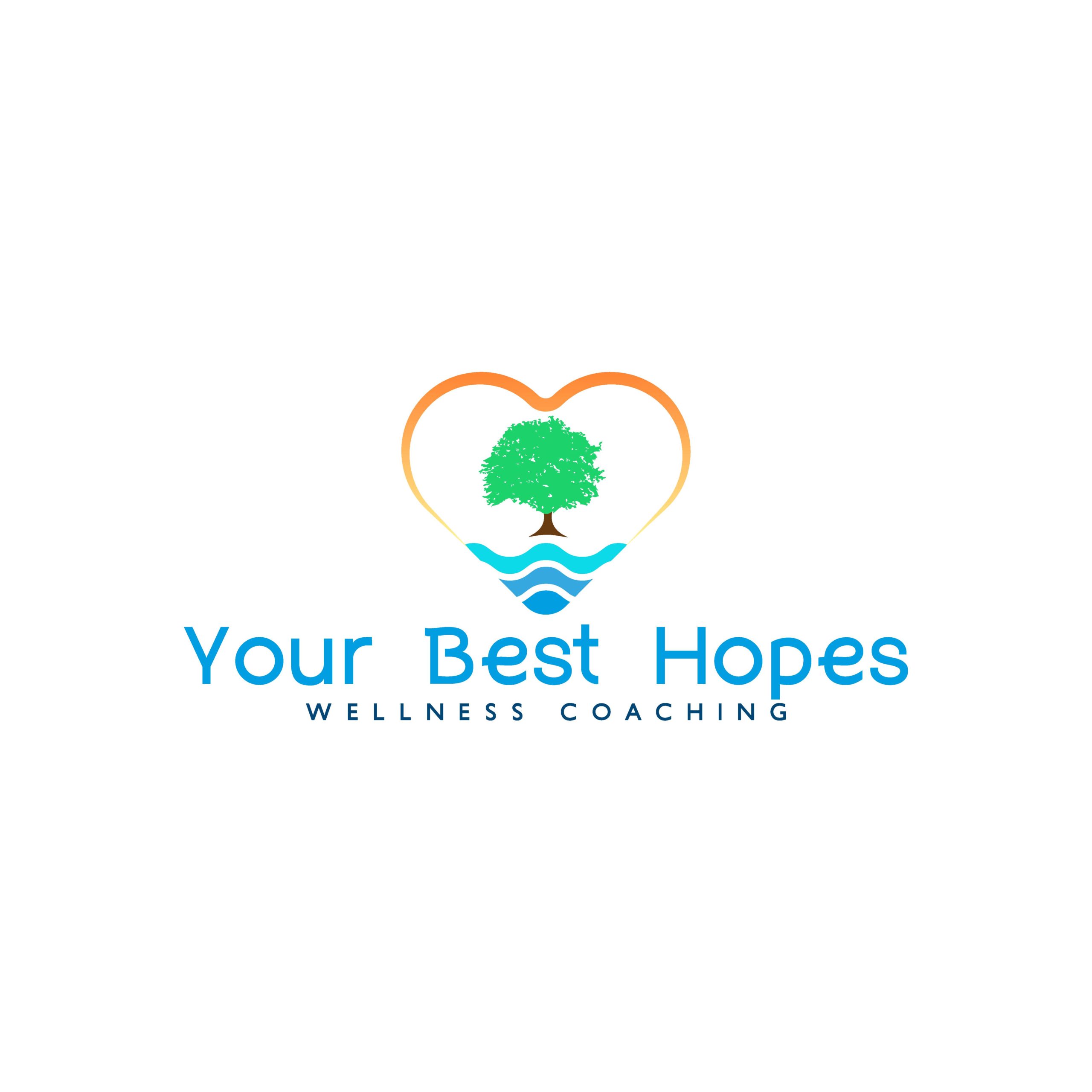
For the Vlog version of this post: Sometimes Hope is Not Enough Vlog
